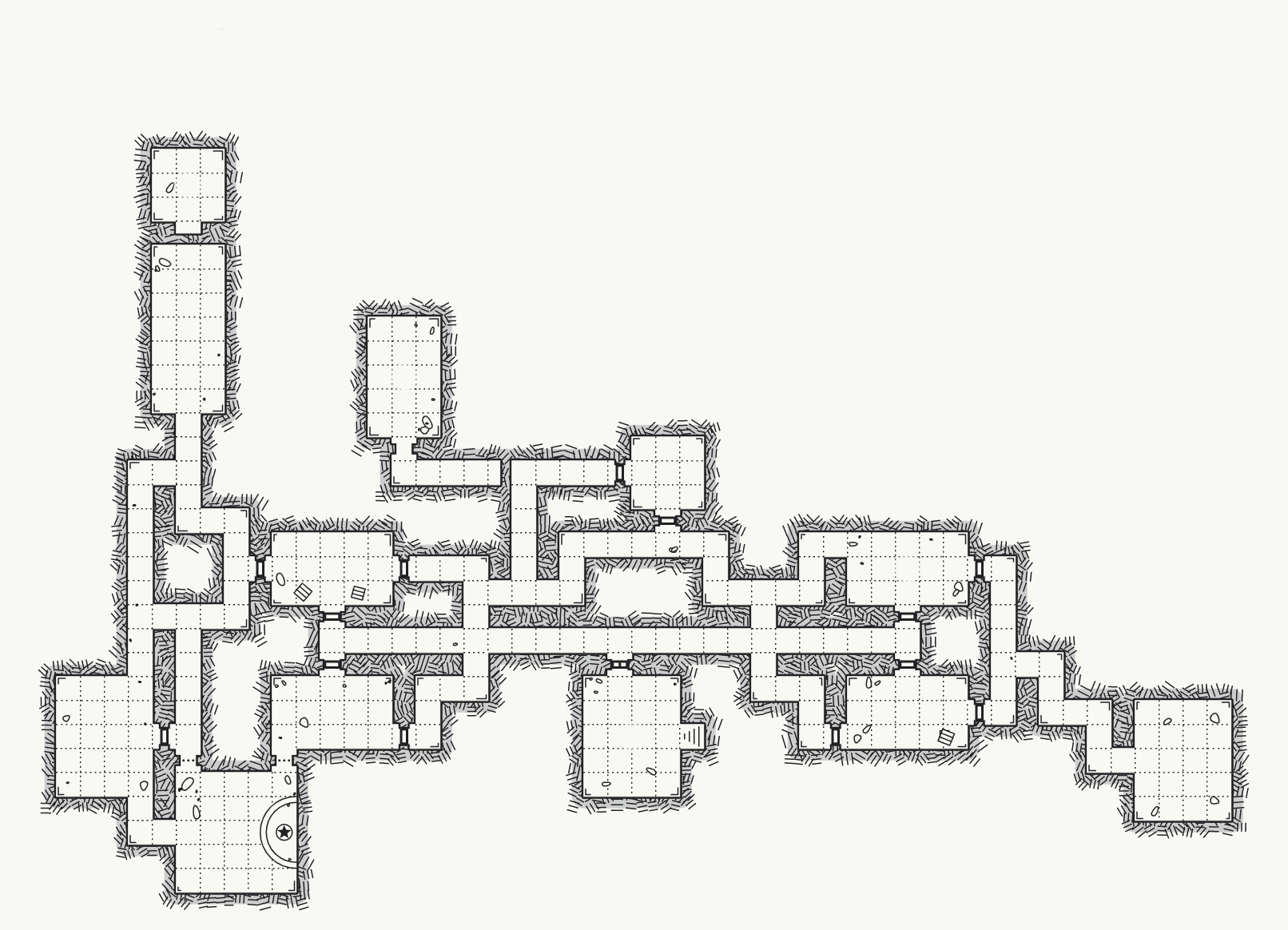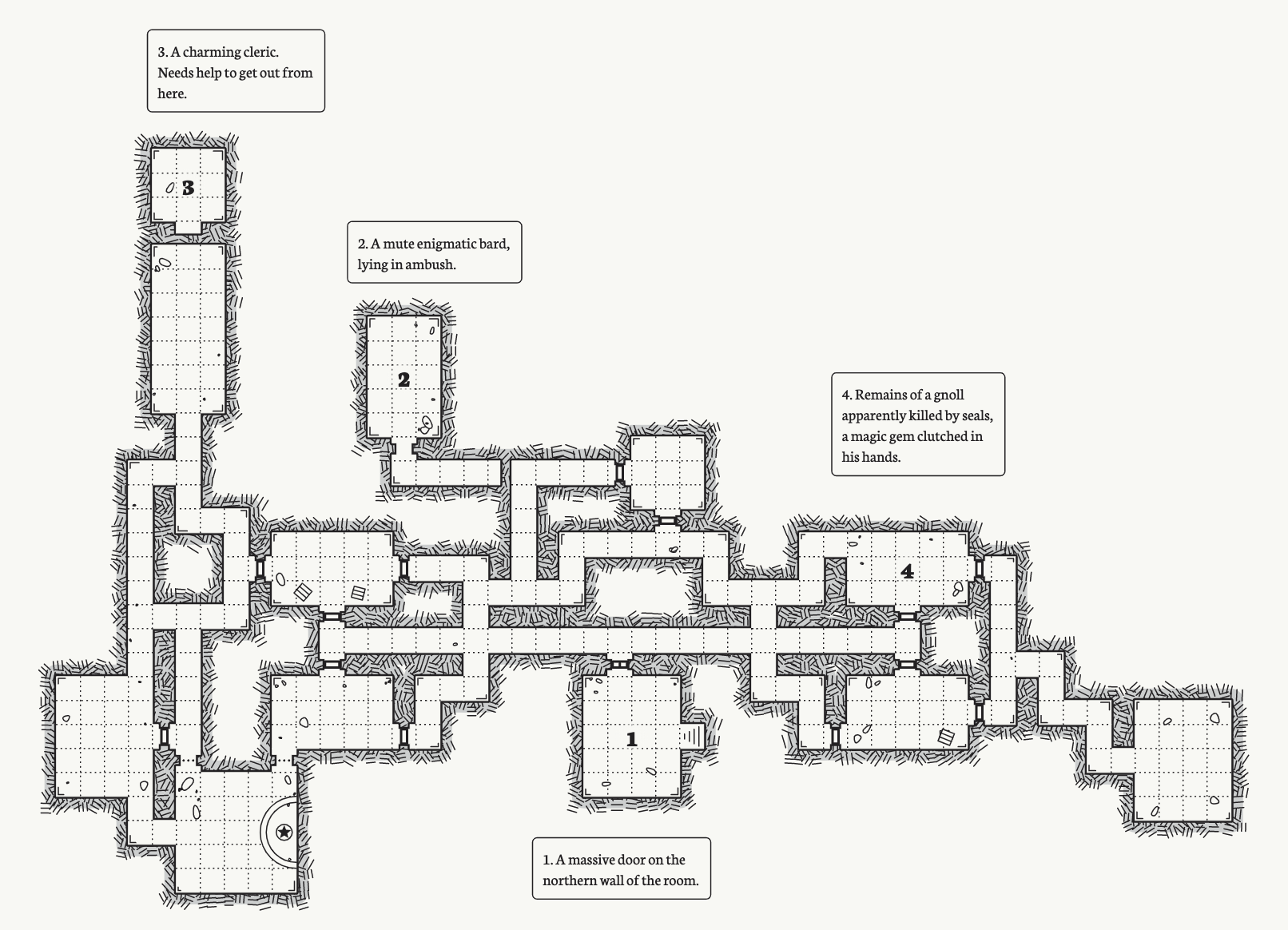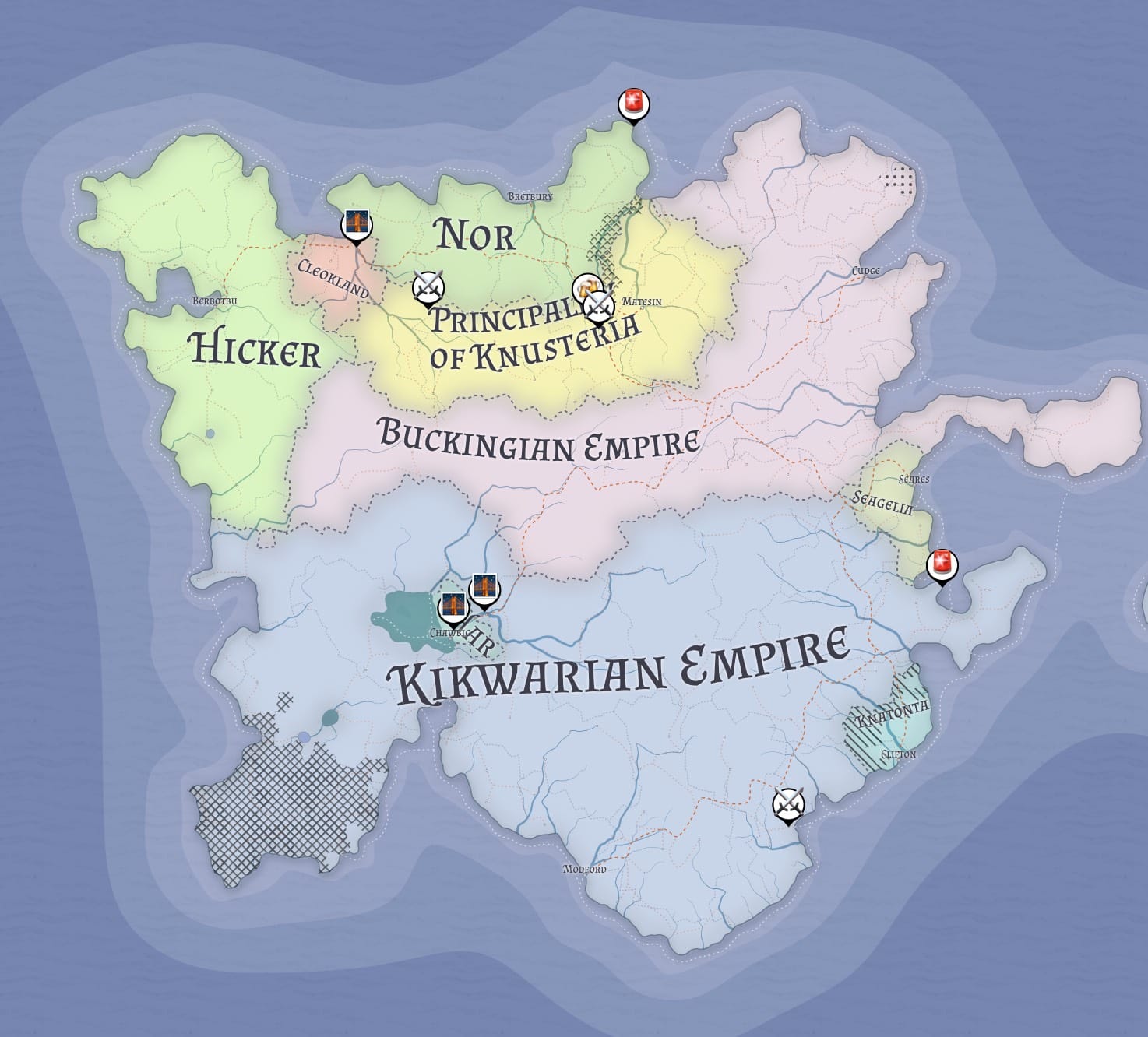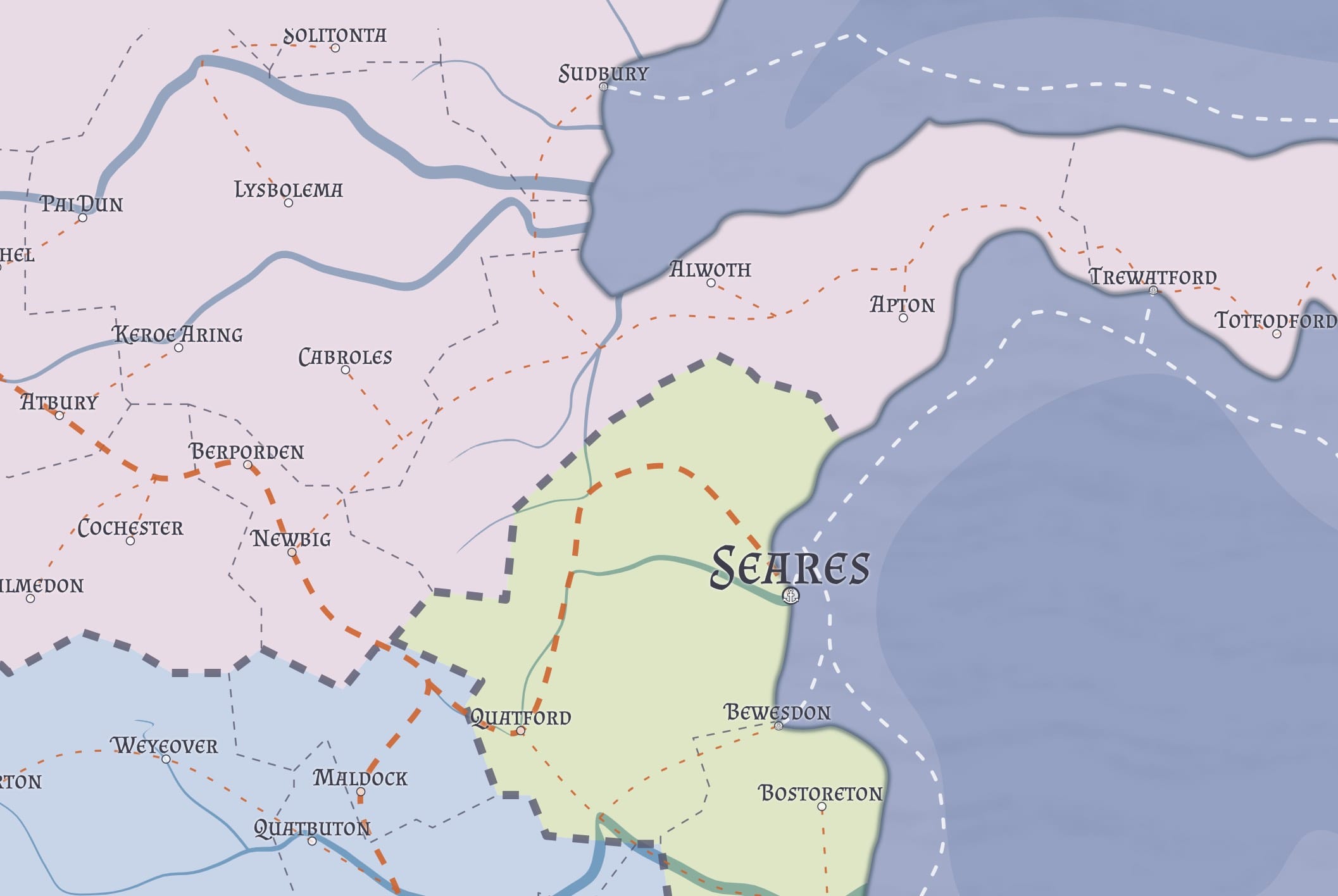среда, 23 декабря 2020 г.
re: I need to make a website`s ranks go down
Yes, it is possible, with our service here
https://negativerseo.co/
for further information please email us here
support@negativerseo.co
thanks
Peter
пятница, 18 декабря 2020 г.
Our most powerful SEO Ultimate Plan
Getting Top 10 Position in Search Engines is % Must for every Website if
you are really serious to do Online Business. If you are not in top 10 it
means you are getting only 5% of visitors for that particular keyword.
Please find more information on our plan here:
https://str8creative.co/product/seo-ultimate/
thanks
Alys
support@str8creative.co
воскресенье, 6 декабря 2020 г.
Blackhat tactics for ranking fast
The most powerful & tested positive SEO packages available today. Designed
to rocket you to the top of Google.
https://bns-advertising.co/affordable-seo-services-small-businesses/
for further information please email us here
support@bns-advertising.co
thanks
Peter
понедельник, 30 ноября 2020 г.
Guaranteed Domain Authority 50/100
Here is how we can do it
https://www.str8creative.co/product/moz-da-seo-plan/
Regards
Mike
Str8 Creative
support@str8creative.co
четверг, 26 ноября 2020 г.
re: I need to make a website`s ranks go down
Yes, it is possible, with our service here
https://negativerseo.co/
for further information please email us here
support@negativerseo.co
thanks
Peter
воскресенье, 22 ноября 2020 г.
Cheap Monthly SEO plans %domain%
After checking your website SEO metrics and ranks, we determined that you
can get a real boost in ranks and visibility by using any of our plan below
https://www.cheapseosolutions.co/cheap-seo-packages/index.html
cheap and effective SEO plan
onpage SEO included
For the higher value plans, DA50 DR50 TF20 SEO metrics boost is inlcuded
thank you
Mike
support@cheapseosolutions.co
пятница, 20 ноября 2020 г.
re: need unique domains backlinks
Do you mean that you want 1 backlinks from 1 domain? unique domains links
like this?
yes, we offer that here
https://str8creative.co/product/unique-domains-links/
thanks and regards
Mike
support@str8creative.co
среда, 21 октября 2020 г.
Domain Authority 50 for your website - Guaranteed Service
cent
for only 150 usd, you`ll have DA50 for your website, guaranteed
Order it today:
http://www.str8-creative.co/product/moz-da-seo-plan/
thanks
Alex Peters
вторник, 6 октября 2020 г.
re: new Social SEO
retro-d-for-dummies.htmlnoreply
Glad to hear that, here are the details below
More information here:
http://www.realsocialsignals.co/buy-social-signals/
For the best ranking results, buy Monthly basis Social signals, provided
daily, month after month:
http://www.realsocialsignals.co/custom-social-signals/
Regards
Beau
http://www.realsocialsignals.co/unsubscribe/
2018-11-9, tr, 19:37 retro-d-for-dummies.htmlnoreply
<retro-d-for-dummies.htmlnoreply@blogger.com> raše:
Hi there, Please send me the@ Social signals offer ^that we talked about
over the phone. I`m interested and I w@ant to boost my SEO metrics with this
new SEO method. Thanks again, will wait your reply.
четверг, 1 октября 2020 г.
re: please send me the Facebook traffic offer
inmunidad-diplomatica.htmlnoreply
here it is, social website traffic:
http://www.mgdots.co/detail.php?id=113
Full details attached
Regards
Hai Howe �
Unsubscribe option is available on the footer of our website
суббота, 26 сентября 2020 г.
Domain Authority 50 for your website - Guaranteed Service
cent
for only 150 usd, you`ll have DA50 for your website, guaranteed
Order it today:
http://www.str8-creative.co/product/moz-da-seo-plan/
thanks
Alex Peters
среда, 23 сентября 2020 г.
Euronimoes
Print and play games are great for time when you are stuck at home, because they: are craft projects (sometimes minimally), free, and usually light, simple, and family-oriented.
Euronimoes fits the bill, as a Euro-style pattern building game, which requires only one or two sets of Dominoes (0-6) and a few poker chips for each player, and the free rules from his site.
On each turn, you take a Domino into your hand, either from a "market" or the draw pile, and then play one from your hand into your personal pattern space (see the above figure, for example). Dominoes in the market cost -1 (you gain a chip) up to 3 chips, while taking a random Domino always gives you 1 chip.
Columns in your space must always form runs up or down (if touching), and you score the lowest tile in each run; lowest score in the end wins. There is also an option to build upwards and take off more points from your score.
That's about it; details are in the free rules.
вторник, 22 сентября 2020 г.
AK-046, Tomcat The F-14 Fighter Simulator!
My Extra Life donation page, thank you!
Tomcat F-14 on Random Terrain
Dan Kitchen's web site
Interview with Dan by Classic Gamer 74
Interview with Dan by ZeroPage Homebrew
No Swear Gamer 374 - Tomcat F-14
No Swear Gamer Tomcat F-14 full mission
Eugenio's PRGE 2019 photo album
Arcade Blogger - Atari Bradley Trainer
Hugues Johnson's Console Timeline
среда, 16 сентября 2020 г.
1500 google maps citations cheap
http://www.str8-creative.io/product/1500-gmaps-citations/
regards,
Str8 Creative
воскресенье, 13 сентября 2020 г.
Burgundian Candy
 |
| One of the 3 pike blocks |
 |
| Perry knights and coustillier |
 |
| Perry knights |
 |
| Crossbows and handgunners to the fore |
 |
| These were a lot of fun to paint |
 |
| Worms eye view |
Buds, Blooms, And Thorns Kickstarter Preview Of The Whatnot Cabinet By Pencil First Games
DisclaimerSupport me on Patreon!
Vitals:
Title: The Whatnot Cabinet
Designed by: Steve Finn
Publisher: Pencil First Games
Year Published: 2021
MSRP: $??
1-4p | 20-30 min | 8+
Kickstarter Price: $39
Blooms:
Blooms are the game's highlights and features. Elements that are exceptional.
- Fast, simple gameplay.
- Good player interaction.
- Puzzly moments.
- Fun solo play.
Buds are interesting parts of the game I would like to explore more.
- The Fascination Pack mini-expansion adds more variety.
- The game plays great at all player counts I've tried, I look forward to trying at the other player counts.
Thorns are a game's shortcomings and any issues I feel are noteworthy.
- Turns can sometimes feel a bit limiting when bad luck won't get you the tiles you need.
- There are limited ways to mitigate bad luck.
- Ran out of tiles in a two-player game.
 |
| Bloom! This game is great and worth adding to your collection! It should be on just about every gamer's shelf. |
Pictures:
 , like GJJ Games on Facebook
, like GJJ Games on Facebook  , or follow on Twitter
, or follow on Twitter  . And be sure to check out my games on Tabletop Generation.
. And be sure to check out my games on Tabletop Generation.понедельник, 7 сентября 2020 г.
Domain Authority 50 for your website - Guaranteed Service
cent
for only 150 usd, you`ll have DA50 for your website, guaranteed
Order it today:
http://www.str8-creative.co/product/moz-da-seo-plan/
thanks
Alex Peters
пятница, 4 сентября 2020 г.
Procedurally Generated Annotations
Imagine exploring this dungeon:

But that's not what watabou's One Page Dungeon generator produced. It produced that dungeon with a title, Underground Lair of the Cursed Lich: For several centuries the lair of the Cursed Lich was considered lost, until recently was rediscovered by a gang of gnolls, and also with text annotations on some of the rooms:

Big difference! The text sparks curiosity and imagination in a way that the map by itself does not. Is that bard good or evil? Did the bard and cleric know each other? How did seals kill the gnoll?! What does the magic gem do? This type of text is missing from many procedural generation projects, including mine. I love what watabou did here.
Let's look a map from Azgaar's Fantasy Map Generator:

But that's not all Azgaar generates. He also generates country names, borders, icons, and other annotations:

Look at how much more interesting that is!
Zoomed in, the map looks nice, with regions, rivers, and bays:

But look how much more interesting it is with town names, roads, and trade routes:

It doesn't take much annotation to make the magic! Just a small amount triggers our curiosity and imagination. Our minds see patterns easily, even when they aren't really there ("apophenia"). This is something I'd like to explore the next time I'm making a procedural map generator.
(Note: this is an expanded version of what I posted on twitter)
понедельник, 31 августа 2020 г.
Change Passwords Regularly - A Myth And A Lie, Don'T Be Fooled, Part 2
Password requirements
Password length: Medium class
Now after I was sooo smart giving advises people still hate to implement, let's see the practical implementations. At least some people might like me, because I told them not to change the passwords regularly. Next time someone tells you to change all your important passwords regularly, put a lie detector on him, and check if he changes all of his passwords regularly. If he lies, feel free to use the wrench algorithm to crack his passwords. If he was not lying, call 911, to put a straitjacket on him. Only insane paranoid people do that in reality. Others are just too scared to say "what everyone recommended so far is bullshit". Comments are welcome ;) Other people might hate me for telling them using true random passwords. Don't panic, keep reading.
(Bad and good) solutions
I will use the same password everywhere
I will remember it
I will use the password recovery all the time
I will write it down into my super-secret notebook and put it in my drawer
I will use an algorithm, like a base password, and add the websites first letters to the end of the password
I will use the advice from XKCD, and use the password correcthorsebatterystaple
I will use a password manager
For the high-level password class, I don't recommend anything your brain generated. There are also suitable offline passphrase generators. Use at least 5-6 words for passphrases.
General advise
Update: Sign up on the https://haveibeenpwned.com/ for notification if your e-mail is found in a leak.
Related posts
- Hak5 Tools
- Termux Hacking Tools 2019
- Nsa Hack Tools Download
- Tools For Hacker
- Hacker Tools For Pc
- Hack Tools For Games
- Hacker Tool Kit
- Pentest Tools For Mac
- Pentest Tools Kali Linux
- Hacker
- Nsa Hack Tools
- How To Install Pentest Tools In Ubuntu
- Hack Tool Apk
- Hacking Tools Github
- Hacker Tools Online
- Best Pentesting Tools 2018
- Hack And Tools
- Pentest Box Tools Download
- Free Pentest Tools For Windows
- Pentest Tools Website Vulnerability
- Hacking Tools And Software
- Hack Tools Download
- Best Hacking Tools 2020
- Hacking Tools 2019
- What Are Hacking Tools
- Hack Tools Online
- Best Hacking Tools 2020
- Pentest Tools Website
- Top Pentest Tools
- Tools 4 Hack
- Pentest Tools Tcp Port Scanner
- Hacking Tools Kit
- Hacking Tools Kit
- Hacking Tools Hardware
- Best Hacking Tools 2020
- Hacking Tools For Kali Linux
- Best Hacking Tools 2020
- Hacker Techniques Tools And Incident Handling
- Hacking Tools For Games
- Game Hacking
- How To Make Hacking Tools
- Pentest Tools For Ubuntu
- Pentest Tools Android
- Hack Tools Pc
- Pentest Automation Tools
- Hacking Tools Pc
- Tools For Hacker
- Wifi Hacker Tools For Windows
- How To Make Hacking Tools
- Hacker Tools Software
- Hack Apps
- Hacking Tools Mac
- Hacks And Tools
- How To Hack
- Hacks And Tools
- Pentest Tools Port Scanner
- Hacker Tools Software
- Pentest Tools Website Vulnerability
- Hacker Hardware Tools
- Hacker Tools For Windows
- How To Make Hacking Tools
- Hack Tools
- Hacker Tools Hardware
- Hacker Tools List
- Pentest Tools Find Subdomains
- Termux Hacking Tools 2019
- Hacker Tools Software
- Hacker Tools List
- Hacking Tools For Beginners
- Hack Tools
- Hack Tools Download
- Hacking Tools Hardware
- Hack Rom Tools
- Pentest Tools Apk
- Hacker Tools Hardware
- Best Hacking Tools 2020
- Hacking Tools For Windows Free Download
- How To Install Pentest Tools In Ubuntu
- Hak5 Tools
- Nsa Hacker Tools
- Pentest Tools Nmap
- Hacking Tools Download
- Pentest Tools Windows
- Hacking Tools Github
- Hacker Security Tools
- Hack Tool Apk
- Hacker Tools Apk
- What Are Hacking Tools
- Underground Hacker Sites
- Free Pentest Tools For Windows
- Hacker Tools Free
- Bluetooth Hacking Tools Kali
- Underground Hacker Sites
- Hack Tools Github
- Pentest Tools Alternative
- Hacking Tools Name
- Usb Pentest Tools
- Hacker
- Hacking Tools 2019
- Hack Apps
- Pentest Tools Framework
- Pentest Tools Website Vulnerability
- Hacking Tools Windows 10
- Blackhat Hacker Tools
- Hacker Tools Mac
- Top Pentest Tools
- Hacker Tools Linux
- Hacking Tools 2020
- Black Hat Hacker Tools
- Android Hack Tools Github
- How To Install Pentest Tools In Ubuntu
- Hack Tools 2019
- Hacking Tools 2019
- Hack Tools For Mac
- Hacking App
- Best Hacking Tools 2019
- Hacker Techniques Tools And Incident Handling
- How To Make Hacking Tools
- Underground Hacker Sites
- Pentest Tools Github
- Hacking Tools Kit
- Hack And Tools
- Hacker Tools 2019
- Hacker Tools Free
- Pentest Tools Website Vulnerability
- Hack Tools 2019
- Bluetooth Hacking Tools Kali
- Hacking Tools Mac
- Pentest Tools For Windows
- Easy Hack Tools
- Hacking Apps
- Tools For Hacker
RFCrack Release - A Software Defined Radio Attack Tool
I decided to cleanup my RF testing harness and release it as a tool named RFCrack
- RFCrack handles all of your data conversions.
- It allows you to capture, replay and save payloads for use anytime
- It will handle rolling code bypass attacks on your devices.
- You can jam frequencies and fuzz specific values
- It will also allow you to scan specific frequencies in discovery mode or incrementally probe them
- RFCrack will hopefully have keyless entry & engine bypass support in the near future
You can reach me at:
Twitter: @Ficti0n
http://cclabs.io , http://consolecowboys.com
GitHub Code for RFCrack:
https://github.com/cclabsInc/RFCrackFull RF Hacking Course in Development:
Not all of the attacks in the tool have been covered in the RF hacking blog series and a few more are in research mode, as such, not yet added to the tool but will probably be covered in a full length online class on Hacking with RF which includes all targets and equipment. Send an email to info(at)cclabs.io if your interested.Walkthrough Training Video:
Until Next time:
Cheers, and enjoy the tool for your personal use testing devices, feedback and bug reports are appreciated. I have another RF blog coming out shortly based on my friends research into hacking garages/gates and creating keyfobs. I will post when its ready.More info
- Tools Used For Hacking
- Hackrf Tools
- Hacker Tools For Windows
- How To Install Pentest Tools In Ubuntu
- Hacker Tools List
- Hacking Tools 2019
- Best Hacking Tools 2020
- Hacking App
- Hacking Tools For Pc
- Pentest Reporting Tools
- Pentest Tools Alternative
- Hacking Tools For Windows Free Download
- Pentest Box Tools Download
- Hacking Apps
- Hacking Tools Download
- Underground Hacker Sites
- Hacking Tools For Pc
- Github Hacking Tools
- Hacker Tools List
- Hacker Hardware Tools
- Hacker Tools Windows
- Hacker Tools Free Download
- Hack Tools For Games
- Tools 4 Hack
- Best Hacking Tools 2019
- Hack And Tools
- Hacking Tools
- Tools For Hacker
- Game Hacking
- Hack Apps
- Hacking Tools Name
- Top Pentest Tools
- Pentest Tools Linux
- Hack Rom Tools
- Pentest Recon Tools
- Easy Hack Tools
- Pentest Tools Website Vulnerability
- Hacking Tools Free Download
- Hacker Tools Linux
- Best Hacking Tools 2020
- Hacker Tools Mac
- Hackers Toolbox
- Black Hat Hacker Tools
- Wifi Hacker Tools For Windows
- Pentest Box Tools Download
- Hacker Tools Windows
- Growth Hacker Tools
- Blackhat Hacker Tools
- New Hack Tools
- Pentest Tools Tcp Port Scanner
- Beginner Hacker Tools
- Hacking Tools Github
- Hack And Tools
- Beginner Hacker Tools
- Hacking Tools For Pc
- Tools 4 Hack
- Hack Tools Mac
- Hacker Tools For Windows
- Hacker Tools Free
- Top Pentest Tools
- Hacking Tools
- Best Pentesting Tools 2018
- Hacking Tools Download
- Hacking Tools Download
- Ethical Hacker Tools
- Pentest Reporting Tools
- Pentest Tools Online
- Hacking Tools For Kali Linux
- Hacker
- Hack Tools Github
- Pentest Tools Framework
- Hack Website Online Tool
- Hacker Search Tools
- Game Hacking
- Pentest Recon Tools
- Hack Website Online Tool
- Pentest Recon Tools
- Pentest Tools Download
- Hacking Tools Mac
- Tools For Hacker
- Pentest Automation Tools
- Pentest Tools Subdomain
- Hak5 Tools
- Hacking Tools For Beginners
- Pentest Tools For Android
- Hacking Tools Windows
- Usb Pentest Tools
- Pentest Tools For Android
- Kik Hack Tools
- Hackers Toolbox
- Blackhat Hacker Tools
- Hacker Tools 2019
- Hacking Tools For Beginners
- Hacking Tools Windows
- Beginner Hacker Tools
- Hacks And Tools
- Hacker Tools Online
- Pentest Tools Find Subdomains
- Termux Hacking Tools 2019
- Pentest Tools For Windows
- Hacker Tools Software
- Pentest Tools Online
- New Hack Tools
- Top Pentest Tools
- Best Hacking Tools 2019
- Game Hacking
- Hack Tools For Ubuntu
- Growth Hacker Tools
- Tools For Hacker
- Pentest Tools Windows
- Hacker Tools Windows
- Hacker Tools Github
- Hacking Tools For Games
- Underground Hacker Sites
- Free Pentest Tools For Windows
- Hack Tool Apk
- Hacking Tools Windows 10
- Computer Hacker
- Pentest Tools For Ubuntu
- Pentest Tools Download
- Hacker Hardware Tools
- Hack And Tools
- Android Hack Tools Github
- Computer Hacker
- Pentest Box Tools Download
- How To Install Pentest Tools In Ubuntu
- Hacker Tools Mac
- Hacking Tools
- Hacking Tools Pc
- Android Hack Tools Github
- Hacking Tools Hardware
- Beginner Hacker Tools
- Hackrf Tools
- Underground Hacker Sites
- Hack Tools
- Hacking Tools For Windows 7
- Hacker Tools Free




















